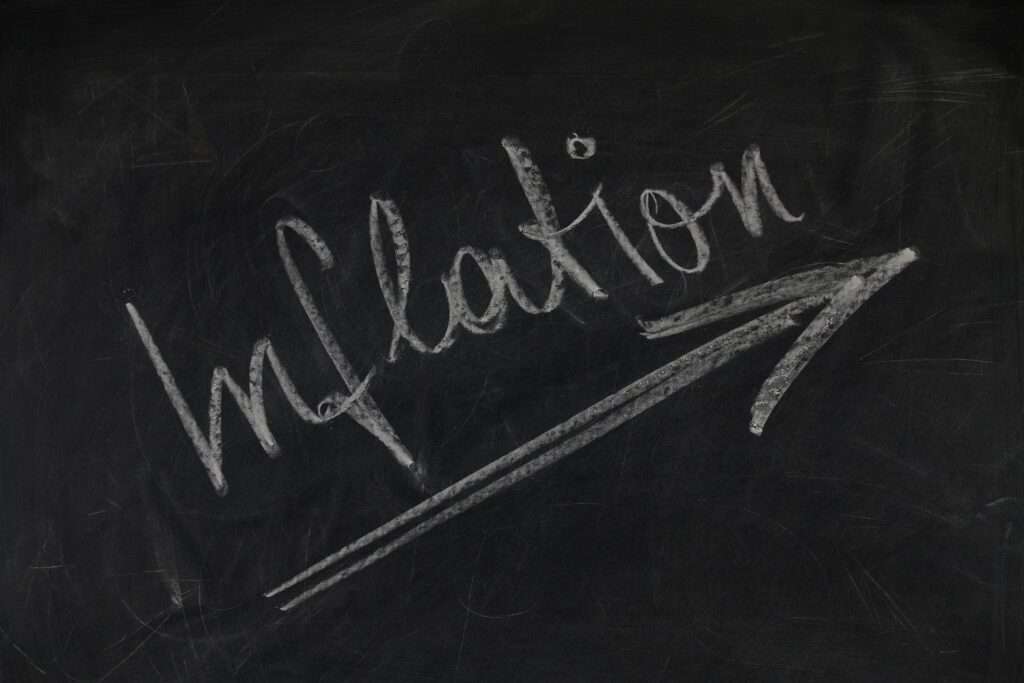Inflation has the Federal Reserve changing directions. With the Consumer Price Index surging at the fastest rate since 1982 (6.8 percent year over year), and multiple rate hikes on the horizon, many investors are rattled, while other are seeing opportunity.
The Federal Reserve has indicated three interest rate hikes this year, but according to Federal Reserve Governor Christopher Waller, there could possibly be five, depending on inflation.
In an interview with CNBC, Greg McBride, the chief financial analyst at Bankrate.com, said “The writing is on the wall that interest rates are poised to rise in 2022, but don’t let that obscure the bigger picture, which is that the economy is expanding, unemployment is falling and corporate profits are expected to grow.”
What does it mean when Feds raise rates?
When the Feds raise interest rates, this means borrowers will pay more for the loans. For instance, if the Fed increases interest rate by 0.75% this year, this will add $45,000 extra on a 30-year mortgage payment of $300,000.
So, if a borrower is planning to borrow cash either for a business startup, college tuition or even home renovations, he must expect higher costs later this year.
In contrast, savers and investors will accept small increases in interest rates with an open heart, as their returns from activities of making deposits and buying bonds will modestly increase.
The impact on real estate
More than likely the real estate market will see a slight slowdown as rates increase. Refinancing will ease as rates become less favorable. Variable rate mortgages will see an increase that could lead to defaults and possible foreclosures.
It is important to mention here that foreclosures are not just bad for the economy, but cost lenders money and make lending opportunities more difficult as banks tighten lending criteria. We saw these tighter lending criteria emerge with the rise of the pandemic, job losses, defaults in mortgages and fears of another market crash resembling that of 2008-09.
Overall, as the year progresses, housing prices will start to return to normal levels as demand slows with the rise of interest rates.
The impact on note investing
The benefit of note investing is that there are opportunities in any type of economy. A higher-interest rate can definitely increase returns or provide higher yields for noteholders buying at a discount from banks and hedge funds.
Also, as interest rates rise and bank lending criteria remains tight, this will squeeze more borrowers out of qualifying for loans from big banks, providing opportunities for individual note investors originating loans to help would-be homeowners obtain home ownership, or in some cases, keep their home.
In a nutshell, note investors will be in a prime position – investing wise – to benefit from the expected multi-hike raise in interest rates.



